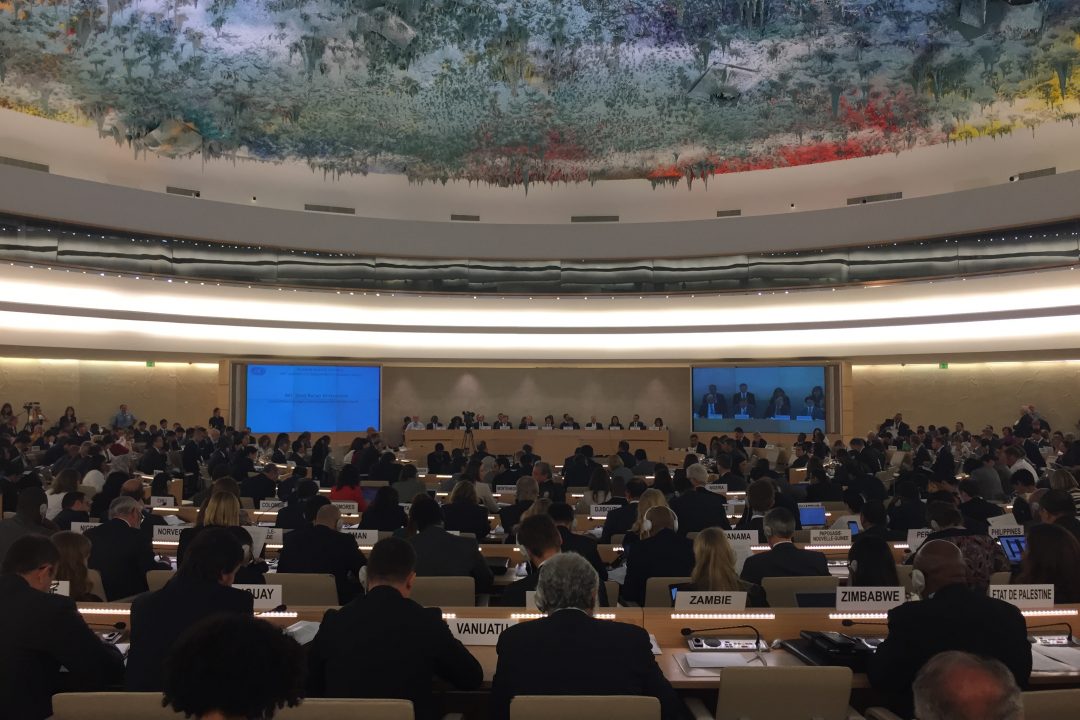
On 1 October 2015, the UN Human Rights Council in Geneva unanimously adopted a resolution on Sri Lanka, which calls for the establishment of a special international crimes court, as well as a truth and reconciliation commission and various other important accountability and reconciliation measures.
The Human Rights Council also highlighted the need for Sri Lanka to draw on international expertise, assistance and best practices to ensure the credibility of these transitional justice processes.
The resolution, which Sri Lanka co-sponsored, marks a crucial turning point in the push for truth, justice and accountability for the victims and survivors of Sri Lanka’s decades-long civil war. Australia also co-sponsored the resolution.
The resolution draws on a recent report of the UN’s Office of the High Commissioner for Human Rights, which conducted a comprehensive investigation on Sri Lanka. The report found that war crimes, crimes against humanity and other serious human rights violations were likely to have been committed by all parties to the conflict.
PIAC, through its International Crimes Evidence Project, collects and analyses important evidence from witnesses, victims and other sources about the conflict. We used our knowledge of, and evidence relating to, the Sri Lankan conflict to assist the UN with its investigation.
PIAC’s CEO Edward Santow and Senior Legal Officer Alexandra Owens attended the Human Rights Council session to brief key delegates and stakeholders and push for a strong resolution.
‘We welcome the UN Human Rights Council’s adoption of this important resolution on reconciliation, accountability and human rights in Sri Lanka,’ said PIAC’s CEO, Edward Santow.
‘The Sri Lankan Government should be applauded for changing its position and accepting the need for strong action to deal with the terrible consequences of its civil war. It now must make good on its commitment to consult widely as it implements the resolution, and must draw on international expertise and assistance, particularly in relation to the participation of foreign judges, prosecutors, lawyers and investigators in its special court.’
PIAC’s International Crimes Evidence Project will continue its work collecting and analysing evidence related to the conflict. Subject to Sri Lanka putting in place a robust and effective witness protection system and other necessary safeguards, the International Crimes Evidence Project hopes to contribute to the various transitional justice mechanisms as they emerge.
Photo: Human Rights Council on 14 Sept during the High Commissioner’s speech.